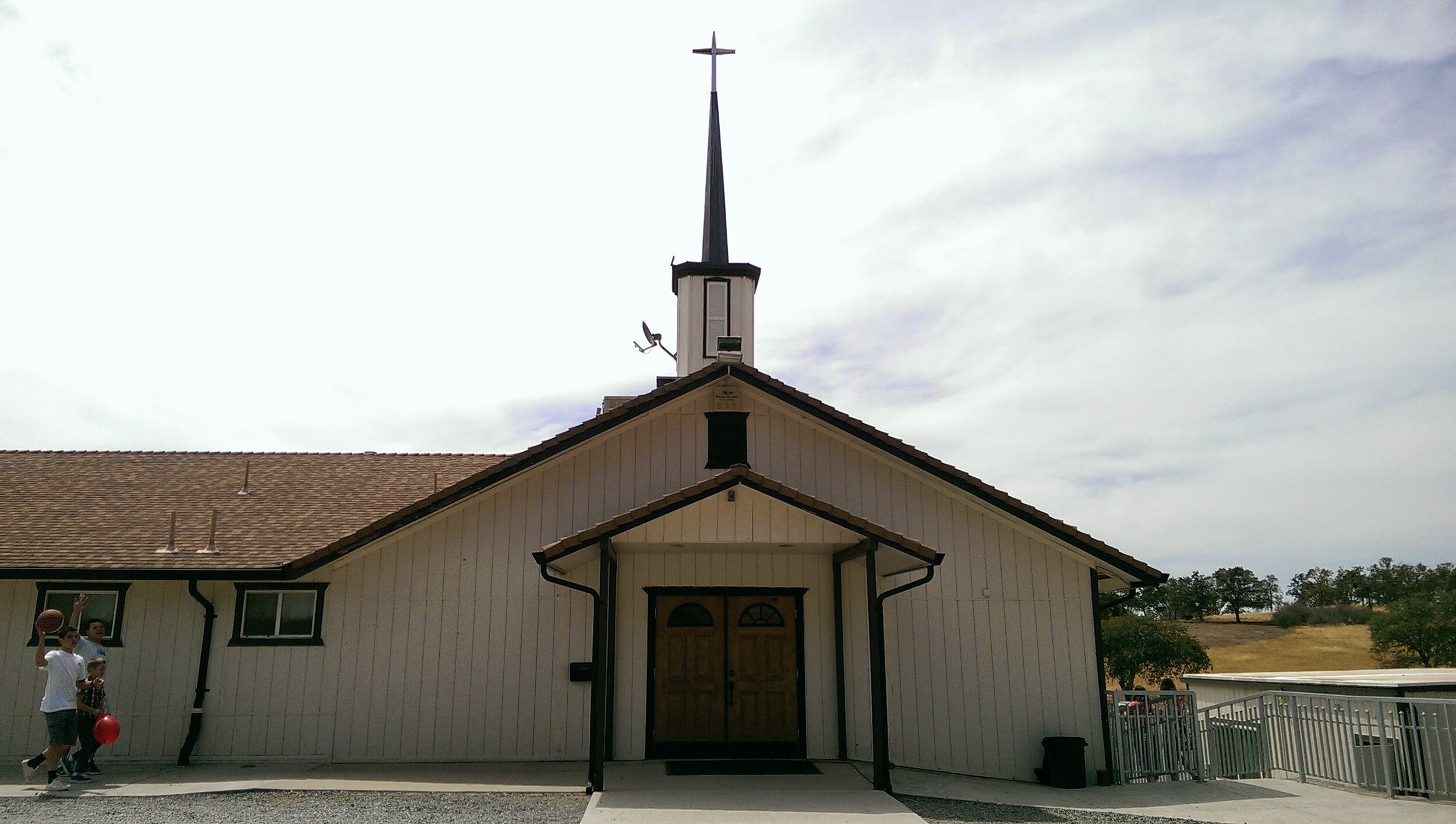How much can one story change things?What comes to your mind when you hear or read the word, “Samaritan?” Chances are high that you associate “Samaritan” with someone who cares, someone who helps people in need, in fact very often you will find the adjective “good” added to Samaritan. This wasn’t always so. Most of the people who listened to Jesus the day he told the story of what we now call the parable of the Good Samaritan thought of the Samaritans in entirely unfavorable terms. Being called a “Samaritan” was a racial slur, a putdown, a declaration of being part of a people who were no good, were untrustworthy, and who had a long history of religious impurity and compromise. Worthless people, people you avoid, people you wished lived far away or not at all. When Jesus took his disciples through Samaria (a route serious Jews avoided) his disciples couldn’t wait to get out of there, so much so they were going to miss the kingdom opportunities staring them in the face (John 4:4-43).Who are the people you don’t care for? You want to get away from as fast possible? Who represent to you all that wrong with the world? Who couldn’t possibly do much good if any at all? Who have this really lousy reputation? Who are discardable, dispensable, and reprehensible in your social, cultural, political, and religious context? Who couldn’t possible become an example of anything good?Jesus told just one story (Luke 10:25-37), in the context of being asked about how to inherit eternal life and a subsequent question about whom we should love and whom we are free not to love and care for. Just one story of a right, caring, courageous, and generous act by a Samaritan, of all people, changed the way an untold multitude has thought of Samaritans across centuries all the way till now.Beyond the larger context Jesus clearly reminded the questioner and all those listening in, including us, that we are constantly living in a story, and how we act our story makes a big difference, identifies who we really are, and what we want our world to be like.Over the years I have officiated at hundreds of funerals, listened to thousands of stories being told, many, if not most recounting episodes of lives lived in selfish pursuits, of good times, funny incidents, personal successes, and too often of even the questionable dressed up to sound good. On the other hand, rare are the stories that tell of watershed moments, of when God-ordained detours where embraced, when self was denied in favor of doing what is right, and good, and godly. Stories of when new reputations were forged, when evil was defeated, when someone put him or herself in the hand of God and said, “Write away O God! Write what makes a difference, what counts, what epitomizes what caring, loving, and eternal values are all about.”It is our great struggle, isn’t it, which stories to write and which to bypass, what to engage with and what to ignore, what to open our heart to and what to close it to, how comfortable and safe to be and when where to risk it, how much of God’s most fundamental commands to fully embrace or to justify settling for less. Jesus was unambiguous in his parting words to the one who prompted the story in first place, “Go and do likewise.” To God be all glory. Love you, Pastor Hans
Der German shepherd
Pastor's Notes from a Country Preacher
×
Keywords
- Advent/Christmas
- America
- Bible
- Blessings
- Change
- Choices/Decisions
- Christianity
- Church
- Cross
- Easter
- Faith
- Fatherhood
- Forgiveness
- Freedom
- Giving/Generosity
- Godliness
- Gratefulness
- Grief
- Habits
- Holiness
- Hope
- Jesus
- Joy/Happiness
- Judgement
- Justice
- Kindness
- Love
- Neighbor
- New Year
- Parenting
- Patience
- Peace
- Politics/Election
- Prayer
- Racism
- Resilience
- Salvation
- Sanctification
- Servanthood
- Sin
- Spiritual Growth/Health
- Suffering
- Testimony
- Thanksgiving
- Tithe
- Transformation
- Transparency
- Wisdom
- Witness
